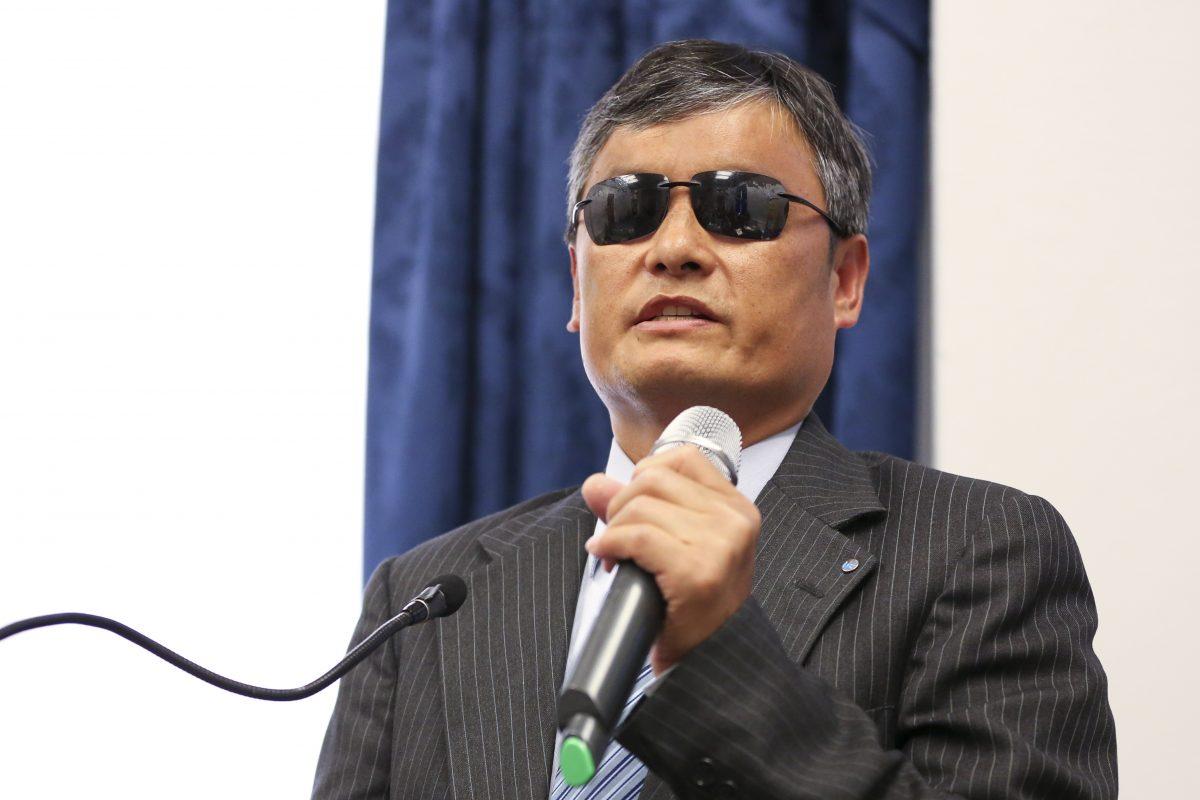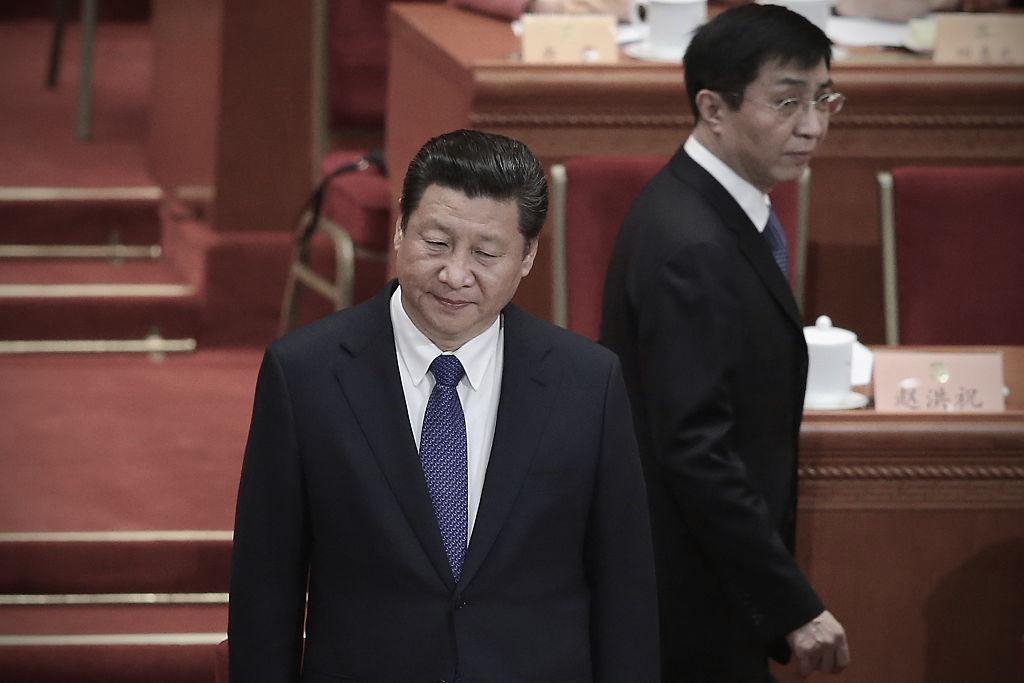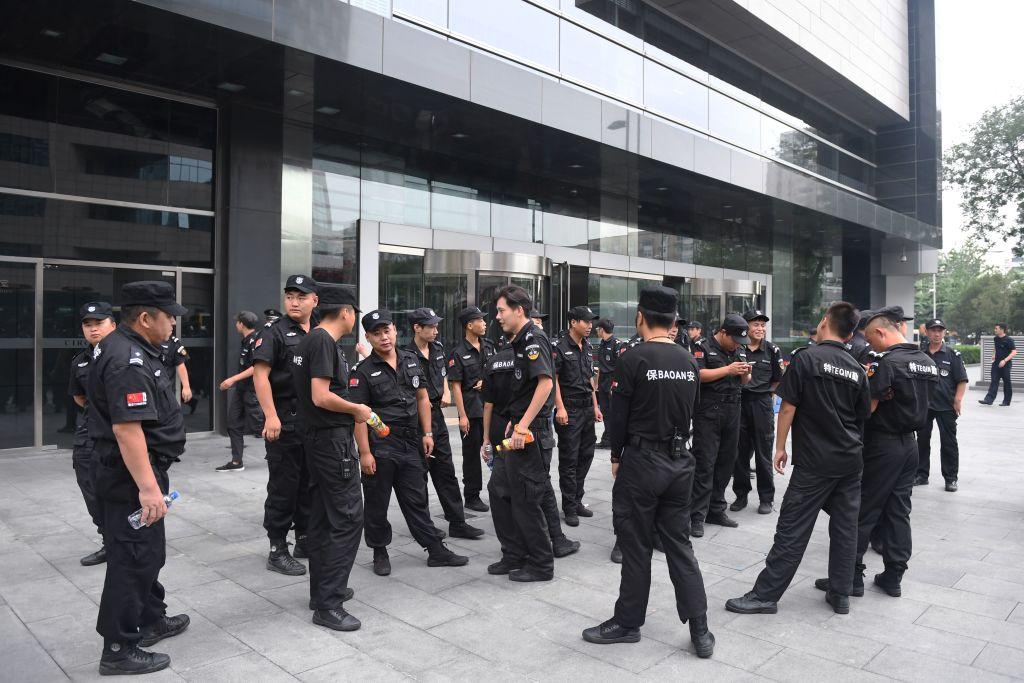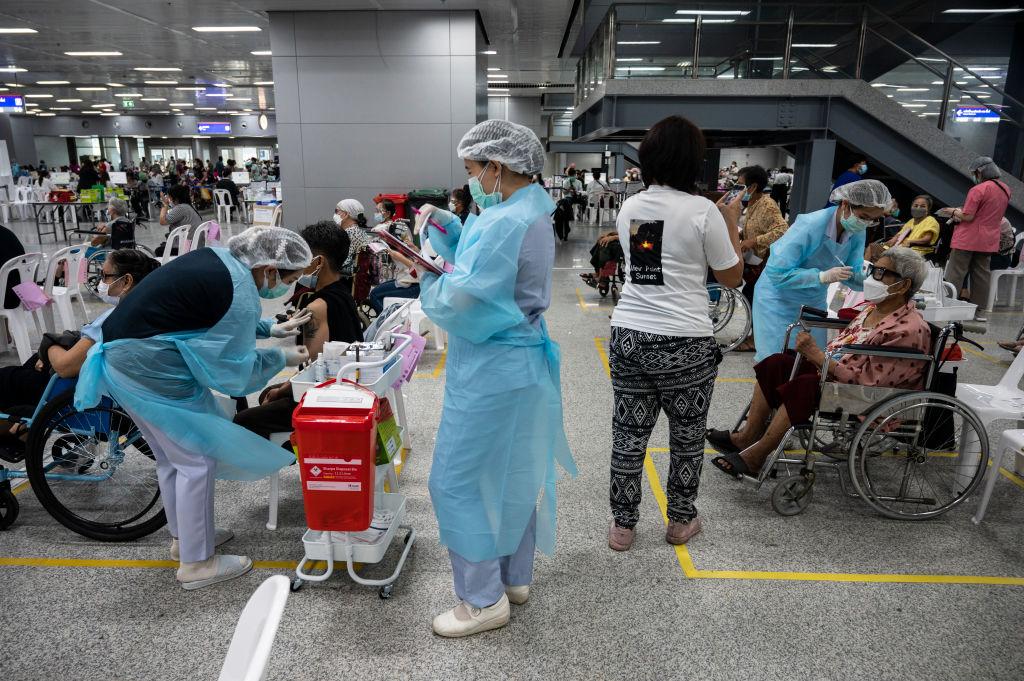WASHINGTON—The 20th anniversary of an appeal that brought together more than 10,000 Falun Gong practitioners in Beijing on April 25, 1999, was commemorated last week at a forum in Washington.
The forum, held April 25 in the Cannon House Office Building, sought to explain the significance of a pivotal moment in China’s recent history and “an important part of global history,” as one congressman put it.
The organizer of the event, Sen Nieh, professor of engineering at the Catholic University of America, explained that though 20 years is long enough for a generation to grow up, it is not long enough for people to understand the true significance of a historical event, especially when the facts are hidden and guarded by a ruthless communist regime.
First-Person Account
In April 1999, the Chinese regime had not yet started persecuting the spiritual discipline of Falun Gong, also known as Falun Dafa, but harassment of practitioners was growing more intense.Introduced to the public in 1992, Falun Gong involves living according to the principles of truthfulness, compassion, and tolerance and doing simple, meditative exercises. As more Chinese took up the practice, the Chinese Communist Party (CCP) began showing hostility to it.
On April 23, 1999, riot police in Tianjin, Beijing’s port city, descended on several dozen practitioners protesting outside a college, after an article published by a faculty member had misrepresented Falun Gong.
Many of the practitioners were beaten and 45 of them arrested. They were told that any appeals of the arrests needed to be made to Beijing.
On the morning of April 25, a crowd of Falun Gong practitioners from Beijing and elsewhere—estimated to be more than 10,000 in number—went to the State Appeals Office, which is adjacent to Zhongnanhai, the headquarters of the CCP. They had come to demand the release of the arrested practitioners, as well as the right to practice Falun Gong without being harassed and an end to the ban on publishing Falun Gong books.
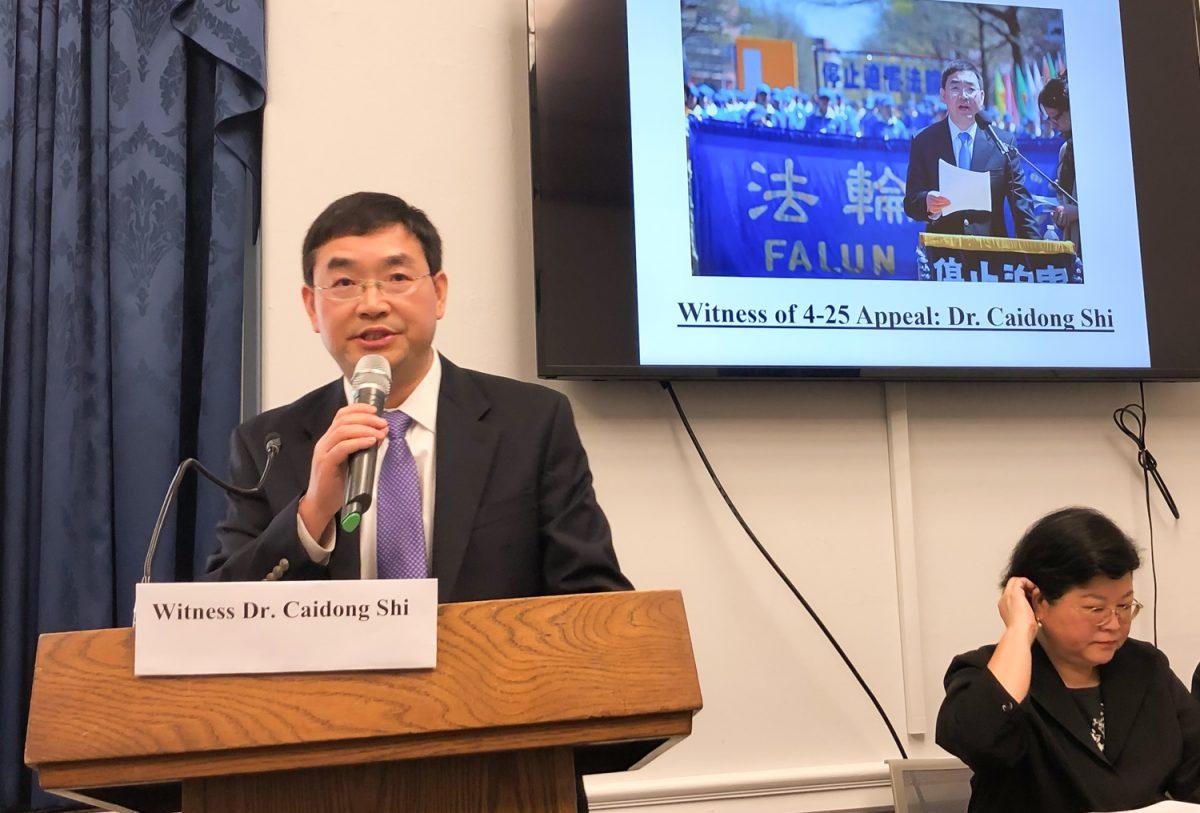
Shi Caidong, who holds a doctorate from the Chinese Academy of Sciences and currently lives in New York, was one of those present. He spoke at the Washington forum about his experience in 1999.
“While walking down the street, I heard applause from behind. I turned to take a look and saw Premier Zhu Rongji walking from the gate across the street, followed by several of his staff members,” Shi recalled.
When Zhu asked “Do you have any representatives? Who among you are the spokespersons?”, Shi was the first person who volunteered to be a representative.
Eventually, Zhu took three Falun Gong practitioners including Shi back into Zhongnanhai and had the director of the Appeals Office talk with them.
That evening, after peaceful negotiations, “the Tianjin police released all the detained practitioners. At about 9 p.m., practitioners quietly dispersed after learning that the situation had been properly resolved,” Shi said.
Zhang Tianliang, who holds a doctorate in electrical engineering and is an associate professor at Fei Tian College in New York, also participated in the 1999 appeal. He recalled seeing Premier Zhu walk out of Zhongnanhai and mingle with Falun Gong practitioners.
Zhang said the fact that Zhu didn’t take any bodyguards with him showed that he didn’t regard Falun Gong practitioners as a threat. It was very unfortunate that such peaceful practitioners would later be brutally persecuted, Zhang said.
China’s Effects on the US
Hon. Commissioner Gary L. Bauer of the U.S. Commission on International Religious Freedom thought it was a mistake for the United States to grant China permanent most-favored-nation status.“When China was granted [the] status so many years ago, I felt strongly against doing that. The argument made by those who wanted to grant [that] status to China was that trade between the U.S. and China would change the Chinese government,” he said.
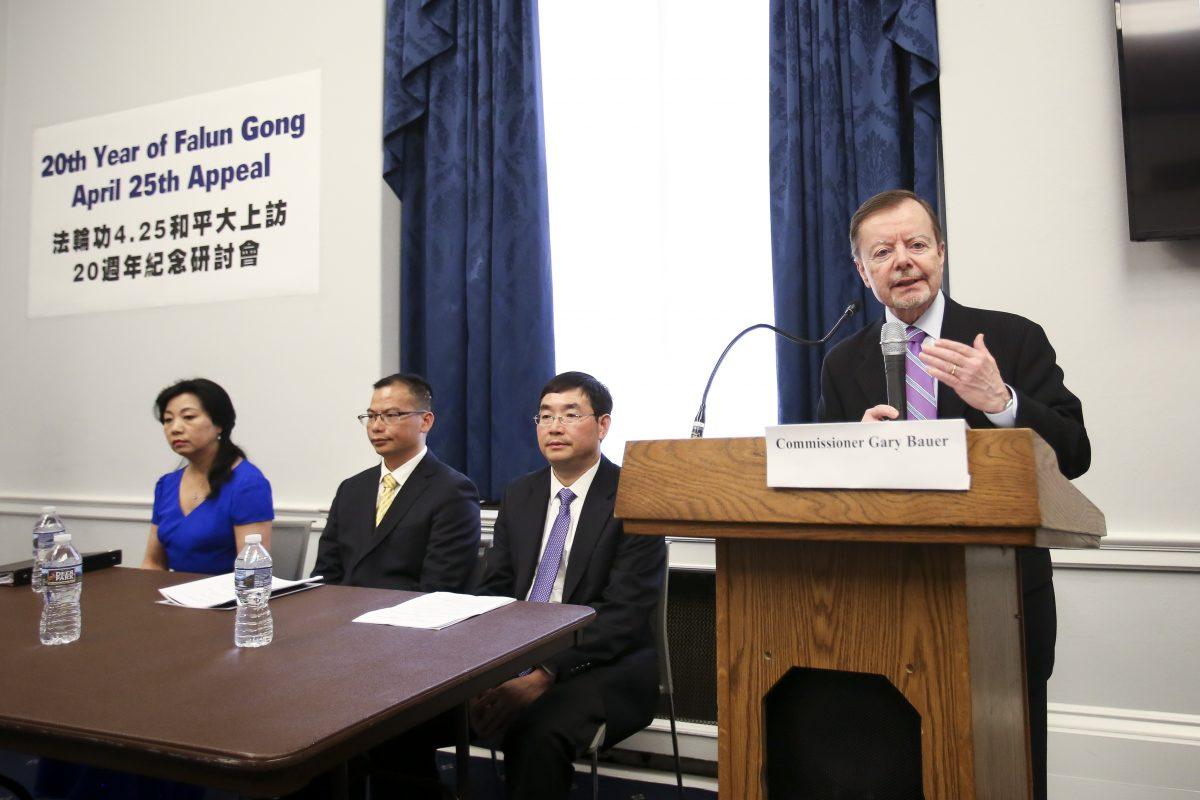
The reality was that trade with China changed the United States more than it changed China, Bauer said. He recalled the commission’s first annual report, which “took note of Falun Gong’s April 25, 1999, appeal, in which practitioners simply asked the Chinese government to let them alone. But of course, that is the one thing the totalitarian, oppressive government cannot do.”
Bauer said he is glad that President Donald Trump is renegotiating trade deals with China, as the current deals are neither in the best interest of the United States nor of the people of China.
Support From Members of Congress
Congress wasn’t in session, but five members of Congress sent letters to the forum to show their support.Rep. Rob Wittman (R-Va.) wrote: “Not only is this a day for remembrance and respect, but it also provides an opportunity to look towards a bright future.
“The celebration of this anniversary marks not only an important part of global history, but also reminds us of the sacrifices that brave protesters made to fight for religious freedom.”
Rep. Gus Bilirakis (R-Fla.) wrote: “As the first nation to guarantee religious freedom constitutionally, I am pleased to see that the Administration is committed to concrete outcomes that reaffirm our international commitments to promote religious freedom. Last July, the United States hosted the first-ever Ministerial to Advance Religious Freedom, where Vice President Mike Pence specially called out the PRC [People’s Republic of China] for the growing scope and scale of its religious persecution.”
Rep. Donald Payne (D-N.J.) said: “The right to practice religion freely is at the core of human rights. ... It is imperative that Falun Gong practitioners be able to practice their religion freely and openly.”
Rep. Gerry Connolly (D-Va.) praised Falun Gong practitioners for “responding to the state-sanctioned violence using entirely peaceful means” and for “persistently educating Chinese citizens about the nature of their practice and the persecution against it.”
Rep. Steve King (R-Iowa) wrote: “The magnitude of the persecution is difficult to comprehend. And the denying of fundamental human rights, the God-given natural right to worship as you please and to live as you please, is unthinkable.”
Murray Bessette, director of Academic Programs at the Victims of Communism Memorial Foundation, said that because the CCP cannot tolerate independent thoughts and beliefs, it would have chosen to suppress Falun Gong regardless of whether there had been an April 25 appeal.
The West’s Responsibility
Prominent Chinese attorney and rights activist Chen Guangcheng said that although it’s correct to say that Chinese people have to rely on themselves to fight for freedom and democracy, in the current internet and information age, the international community needs to shoulder bigger responsibilities to help in the Chinese people’s struggle.For example, Chen said, the United States is currently still leasing nine satellites to the CCP, which are used to control Chinese people.
In this situation, he said, the United States can’t say that it has no responsibility to the Chinese people. If the West had not indulged and appeased the CCP, the situation in China wouldn’t have come to be in such a terrible state, he said.
